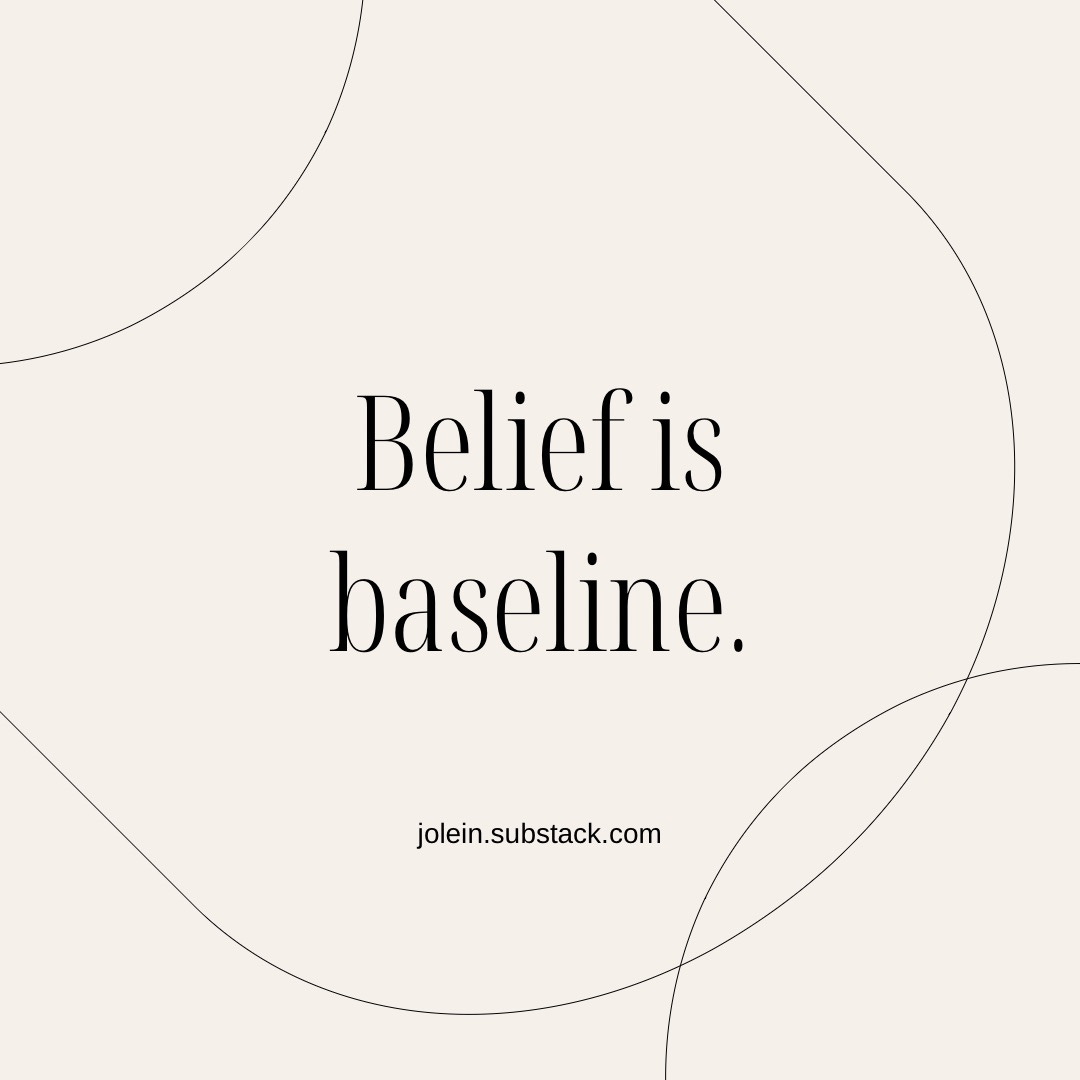If you don’t believe in the people you lead, they know. They can feel it in your tone, your body language, the way you half-listen in meetings, and the absence of genuine recognition. And when they know you don’t believe in them, they stop believing in you too.
Belief isn’t some optional leadership skill. It’s the baseline. If you can’t trust that your team is capable of growth, success, or solving hard problems, what the hell are you even doing leading them?
Let’s be real—
Micromanaging screams I don’t trust you.
Avoiding difficult conversations indicates I don’t care enough to help you grow.
Skipping recognition says your efforts don’t matter.
These small actions build up, and before you know it, you’ve eroded the very trust you need to make change happen.
Leadership isn’t about wielding authority or controlling outcomes; it’s about unlocking potential. Belief isn’t just lip service—it’s about acting in ways that say:
I see what you’re capable of, even when you don’t.
I’m here to support your growth, not just manage your tasks.
Your success is my success.
Ask yourself:
Do I treat my team like problem-solvers or problems to be solved?
Do I empower them with autonomy or box them in with doubt?
Have I made time for a “what’s next for you?” conversation lately?
If you’re not asking questions like, *What’s your biggest win this week?* or *What’s holding you back, and how can I help?* you’re leaving potential on the table. If you’re not willing to fight for their growth, don’t be surprised when they stop fighting for yours.
Leadership is about trust, and trust starts with belief. Get that right, and the rest falls into place. Don’t, and you’re just another manager who missed the point.
What’s it gonna be?
Read also:
Small Slights, Lasting Ripples: How Emotional Breaches Shape Trust
Dr. Chris Culver, aka Dr. Kindness, asked me to be a guest writer for his publication The Kind Voice. I have republished the article here. The first part will sound familiar.
Is empathy the missing piece in the puzzle of accountability?
At first glance, empathy and accountability may seem like opposing principles or a zero-sum game. Empathy is often associated with understanding and forgiveness, while accountability is viewed through consequences and discipline. However, this oversimplified dichotomy fails to capture the nuanced interplay between these concepts that drive school leader…
Read here - https://www.linkedin.com/posts/elena-aguilar_no-one-can-learn-from-you-if-you-think-they-activity-7259278251678736385-eO9N?utm_source=share&utm_medium=member_ios








